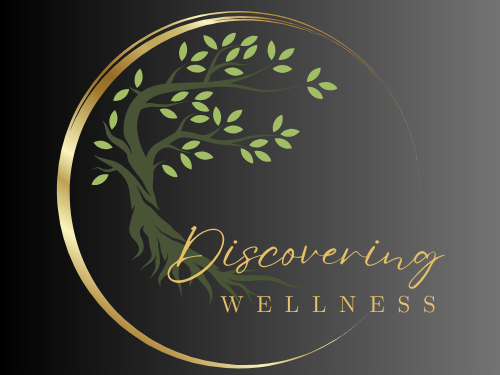
Elderberry, the dark purple berry from the elder tree, has become an increasingly popular natural remedy. Traditional and folk medicine have long upheld elderberry’s use in treating colds, flu, and sinus infections. Modern research is now confirming many of elderberry’s purported health benefits. Read on to learn more about how this antioxidant-rich berry could be a powerful medicinal tool.
Fighting Colds and Flu
Multiple studies have shown elderberry’s effectiveness against influenza viruses. In one study, elderberry extract was able to inhibit the replication of influenza A and B viruses in vitro. It appears to block key viral proteins, preventing the virus from infecting cells in the first place. Another study of air travelers found those who took elderberry extract were less likely to get the flu compared to placebo. The berry’s bioactive compounds may also help reduce nasal swelling and mucus production associated with colds and sinusitis.
Immune-Boosting Effects
Elderberry is loaded with flavonoids, compounds with potent antioxidant and anti-inflammatory abilities. Antioxidants help cells withstand oxidative stress while reducing inflammation. This may explain elderberry’s immuno-modulating abilities. Human trials indicate that regular elderberry supplementation may enhance immune cell function and activity. The berry is also hypothesized to increase cytokine production, boosting the immune response to pathogens.
Wound Healing
Traditionally, elderberry was used to promote wound healing. Animal studies show topical elderberry cream can enhance wound closure and tissue repair. This may be due to increased collagen production and improved angiogenesis. The antioxidant and anti-inflammatory activities of elderberry likely also support faster healing.
Heart Health
As an antioxidant-rich fruit, elderberry may protect heart health. Animal studies demonstrate elderberry’s cardio-protective abilities, improving blood pressure, cholesterol, and triglyceride levels. The effects may be due to lowered oxidative stress and reduced fat absorption in the gut. More clinical research is needed, but elderberry shows promise as a supplement for maintaining healthy circulation.
Other Benefits
Some preliminary research indicates elderberry may also help with chronic pain, headaches, and neurological health. The bark, leaves, and berries have diuretic and laxative properties as well. Traditionally, elderberry tea was used to induce sweating in order to clear toxins.
How to Take It
Elderberry can be taken as teas, extracts, capsules, lozenges, syrups, and gummies. For colds and flu, start immediately at onset and take around 600-900mg daily, divided into several doses. Look for preparations standardized to flavonoid content for maximum potency. Due to its immune effects, consult your doctor before taking elderberry if you have an autoimmune disorder. Mild side effects are possible with improper dosing.
With its high antioxidant levels and range of medicinal uses, elderberry is an herbal remedy worth considering. Just be sure to choose quality supplements from reputable brands. And complement elderberry with other immune supporters like vitamin C, zinc, and plenty of rest. With the power of this vibrant purple berry, you’ll be ready to fight back against colds, flu, and more.
Avoiding Potential Toxicity
Elderberry has many potential health benefits, but it’s important to be aware of toxicity concerns. The unripe, uncooked berries, leaves, stems and roots contain cyanogenic glycosides. These compounds can release cyanide if ingested, causing nausea, vomiting, dizziness and even death. To make elderberry safe, the raw plant parts should always be cooked thoroughly first to deactivate the toxic enzymes. Commercially sold elderberry products are produced from the ripened, cooked berries and are generally safe.
Exercising caution with elderberry preparation and dosage is key. When used properly, elderberry can be a gentle, effective remedy free of major side effects for most people. But being aware of potential toxicity risks is important, especially if foraging for your own berries. By taking sensible precautions, you can safely unlock the health benefits of elderberry.



